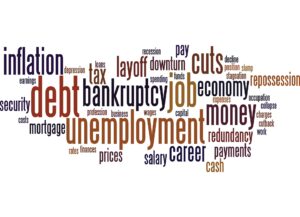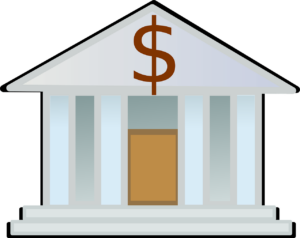 This week’s top story: Smart Money podcast on neurodiverse money, and financial infidelity. In other news: Health care sharing mimics Medigap, but isn’t insurance, what to know to take Social Security early, and 12 words sum up a successful plan for a financial life without budgeting.
This week’s top story: Smart Money podcast on neurodiverse money, and financial infidelity. In other news: Health care sharing mimics Medigap, but isn’t insurance, what to know to take Social Security early, and 12 words sum up a successful plan for a financial life without budgeting.
Smart Money Podcast: Neurodiverse Money, and Financial Infidelity
This week’s episode starts with a discussion on managing money when you’re neurodiverse.
‘Health Care Sharing’ Mimics Medigap, but Isn’t Insurance
Health care sharing ministries advertise programs for Medicare members, but there’s no guarantee they’ll pay for medical bills.
Thinking of Taking Social Security Early? What to Know
From a bigger check to a bigger spousal benefit, there are advantages to waiting to claim.
The 12-Word Financial Plan: Do This and You’re Done
Money News & Views: Just 12 words sum up a successful plan for a financial life without budgeting. Maybe even just six.
 This week’s top story: Smart Money podcast on making your big money reset. In other news: what do financial experts say about investing in AI stocks, if COVID costs will be covered when the health emergency is ended, and what to do when Medicare doesn’t cover your prescription drug.
This week’s top story: Smart Money podcast on making your big money reset. In other news: what do financial experts say about investing in AI stocks, if COVID costs will be covered when the health emergency is ended, and what to do when Medicare doesn’t cover your prescription drug. This week’s top story: Smart Money podcast on recession anxiety, and retirement savings vs. mortgage payoff. In other news: 5 tax tips for older adults, paying taxes for a bank bonus or interest, and how a tax extension can delay your business loan application.
This week’s top story: Smart Money podcast on recession anxiety, and retirement savings vs. mortgage payoff. In other news: 5 tax tips for older adults, paying taxes for a bank bonus or interest, and how a tax extension can delay your business loan application. This week’s top story: Smart Money podcast on spring-cleaning, and paying off different types of debt. In other news: What could happen if Congress doesn’t make changes to Social Security by 2035, mortgage could be harder to get in a credit-tightening era, and 4 tips for a meaningful and successful retirement.
This week’s top story: Smart Money podcast on spring-cleaning, and paying off different types of debt. In other news: What could happen if Congress doesn’t make changes to Social Security by 2035, mortgage could be harder to get in a credit-tightening era, and 4 tips for a meaningful and successful retirement. This week’s top story: Smart Money podcast on banking stability, and traditional vs. online banks. In other news: how bank failures show us what not to do with our own finances, how doing the bare minimum with debt is costing you, and if being a landlord worth or not.
This week’s top story: Smart Money podcast on banking stability, and traditional vs. online banks. In other news: how bank failures show us what not to do with our own finances, how doing the bare minimum with debt is costing you, and if being a landlord worth or not.